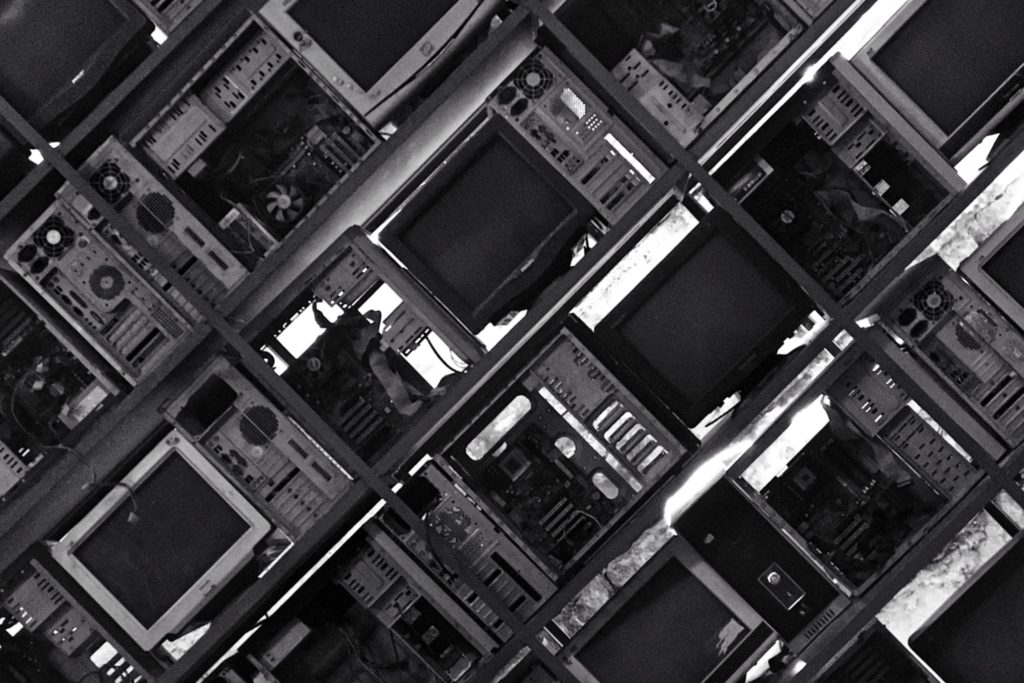Putting out podcasts can be a time-consuming and occasionally anxiety-generating business. And yet, here I am again, now with the 3rd Edition of my podcast series Media, Technology & Culture, hosted at my podcast channel Publicly Sited.
This podcast has become a key (but not the only) medium through which I annually think through, revise and rebuild a long-taught module with the same name as the podcast, which explores media understood as technologies. So, the podcast is implicitly geared to students in that module. But it’s also something that I decided from the outset to put out publicly, as an open resource available to a broader range of users and audiences. Initially, I worried that this might make the publics being addressed ambiguous. As time has gone one, though, I’ve found a fine line in speech that I think manages to carve out a space shared not only with my students, but a more indefinite audience of listeners and users.
I released the 1st Edition of this podcast in January 2021, in the depths of COVID lockdowns and social distancing. Yet even then, it was something I’d been pondering doing for a long time. This pondering came down to the institution I work at. At Birkbeck, we teach in the evenings, since so many of our students work during the day. Even if they don’t work during the day, they are very often extremely busy with all manner of responsibilities and commitments. We often say that our students can be at once very committed, yet still often might experience their studies as not the main or only thing going on in their lives. So, I’d been thinking for a while that perhaps a podcast of some sort might allow students to augment their pre-session preparations. Listening rather than watching a kind of mini lecture might be something students could do on their commute into class or work, or while doing errands at home or elsewhere. Some students might even carve out time to listen while sat down, perhaps contemplatively thinking and writing notes.
Once the pandemic rolled around the corner, my colleagues and I were faced (like most in the university and education sector) with sudden demands to provide prerecorded content. This forced the issue: should I pre-record video lectures (which seemed to be the default option); or should I do this podcast thing I’d been pondering?
I knew the podcast would be more work, because I’d already got it into my head that I would want it to be publicly released. Yet I couldn’t unthink the idea of students listening rather than watching. I found myself premeditating how various examples, lines, observations I’d been verbalising in classes over the years might translate into podcast format. I was slowly recognising, too, that my very amateur dabbling in sample-based music meant that I had some skills and impetus to attend to things like editing and sound quality. Whenever I saw interesting clips online, for instance, I found myself imagining how I could sample the audio, and work it into whatever I might say in a given episode.
Doing that 1st Edition was incredibly exhausting and time consuming. When I look back, I wonder how I ever managed to complete it. Things are a little easier these days, and I’ve become pleased by how making the podcast intersects with my teaching and pedagogy. The module on which the podcast is based has long been a kind of ‘thinking object’ for me and students to explore what various disciplines have had to say about ‘technology’. It also crystallises my odd journey into and through ‘media studies’, from a human geography background. Over time, I’ve become both more invested and embedded in media studies, yet at the same time surer that a (mostly implicit) geographical perspective on these topics is valuable and relevant. This podcast has continued these thought processes, with my students as well as a broader audience.
As always, I’m incredibly indebted to any feedback that people send me about the podcast, how you’re using it, and any gaps or themes you think might be interesting to explore. Links to the first four episodes of the 3rd edition are below. You can also subscribe via Podbean, Apple Podcasts, Spotify, Pandora and elsewhere.
Episode 1: Cultural Technologies
Episode 2: Located Technologies
Episode 3: Domesticated Technologies
Episode 4: Live Technologies

0 Comments Leave a comment